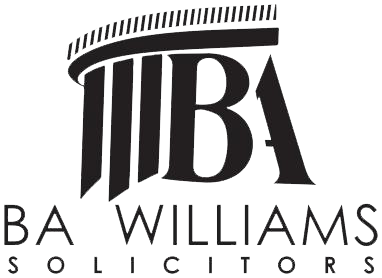The Court of Appeal (CoA) clarified the jurisdiction of the First-tier Tribunal regarding service and administration charges under lease agreements.
Background:
The lease dated March 2006 was entered into before the right to manage (RTM) company took over responsibility for "the Services" that were, under the lease, to be provided by a management company. Mr. Davies was responsible for 3.605% of the total service costs by way of service charge.
The RTM company claimed £616.60 from Mr. Davies by way of arrears of service charges under Mr. Davies's 125-year lease of a self-contained townhouse-cum-live/work unit. It also claimed £3,240 as an administration charge due to the cost and expenses incurred in connection with the recovery of the arrears.
The proceedings were issued in the County Court in May 2021 and transferred to the First-tier Tribunal (Property Chamber) (the FTT) in February 2022, which ruled in August 2022 that Mr. Davies was liable for the claimed amounts, including the service charge, the variable administration charges, and costs associated with the proceedings. He appealed to the Upper Tribunal (UT), which found that the liability was for £840 of variable administration charges.
There have already been proceedings between the same parties regarding the service charge in 2014 by the FTT. However, the UT noted that this decision did not determine when the service charge became payable and that Mr. Davies was only in arrears after the 19th of November 2014.
Sir Geoffrey Vos recognised that “Although the sums are relatively small, the case is important, because, (…) it raises a significant point about the jurisdiction of the FTT.”
Decision:
The CoA upheld the UT’s decision, limiting the RTM company’s claim for costs. The Court reiterated that for a service and administrative charge to be payable, they first need to be reasonable (i.e., for service charges for incurred costs and variable administration charges for those amounts to be reasonable). Demands accompanied by a provision of information as to the leaseholders' rights to apply to the FTT must be served before payment needs to be made. The Court noted that the FTT’s jurisdiction under Sections 19(1)(a) and 27A of the Landlord and Tenant Act (LTA) 1985 and Schedule 11 of the Commonhold and Leasehold Reform Act (CLRA) 2002 Act allows it to determine the reasonableness and payability of charges but not to enforce payment. Indeed, “Only the Court can give such a judgement, leading, if necessary, to the processes of enforcement.”
The CoA agreed with the UT that the May 2014 demand did not comply with the mode of payment requirement and did not comply with section 21B of the 1985 LTA in that it did not include a summary of Mr. Davies's rights and obligations. As such, Mr. Davies was not in arrears before 19 November 2014. As the Court reminded us, not only service charges, but also administration charges by reason of Part 1 of Schedule 11 to the 2002 CLRA would not become payable (in the sense that a court could order it to be paid) until it had been properly demanded.
Implications:
Despite the relatively modest amount, this decision has far-reaching implications for the rights of tenants and the scope of the FTT’s jurisdiction. It is also a useful reminder that for service charges and administration charges to become payable, they not only need to be reasonable, but the demand must be made correctly. Thus, an RTM company will not be able to claim such arrears.




